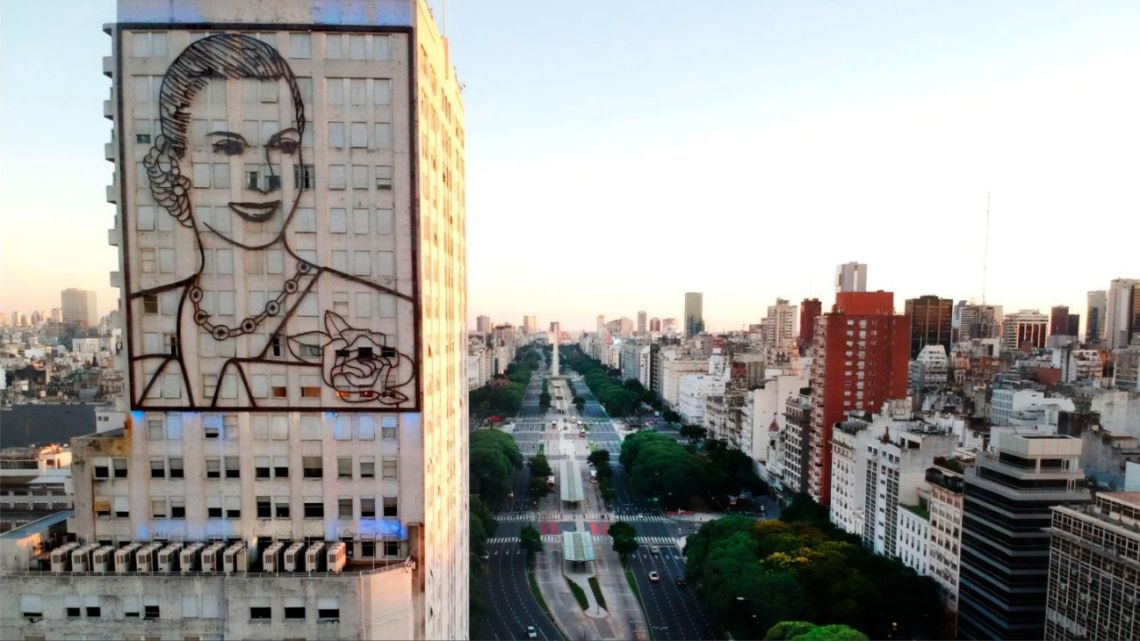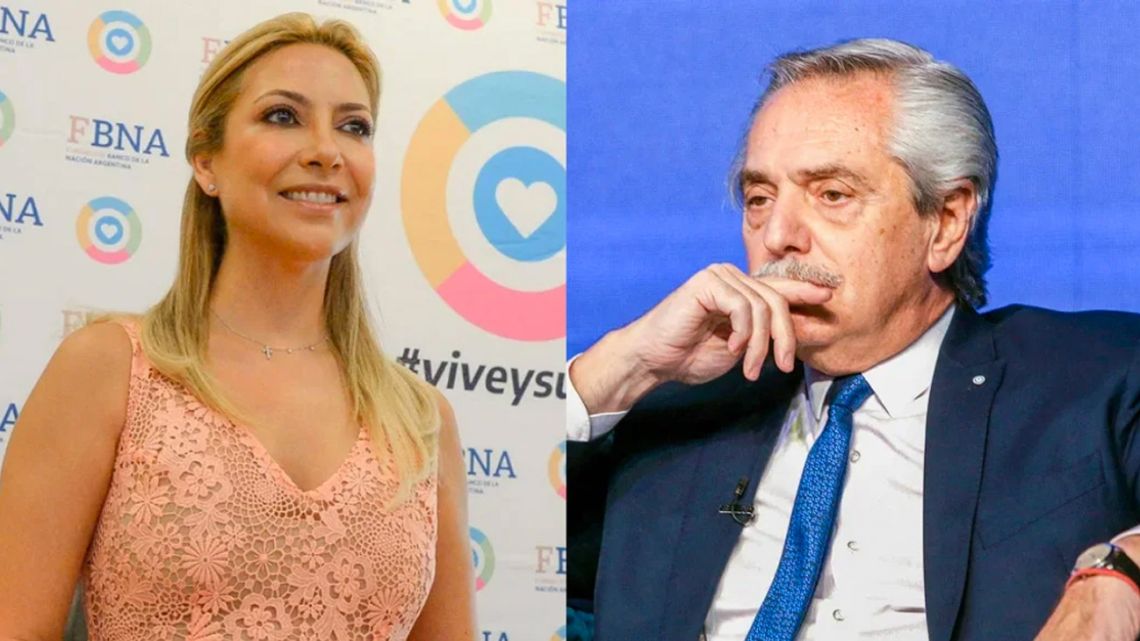In a significant move, 81 countries have joined forces to combat hunger and poverty worldwide. This ambitious project, spearheaded by Brazilian President Luiz Inácio Lula da Silva, was unveiled at the G20 summit in Rio de Janeiro.
The initiative seeks to eradicate hunger by 2030. Lula emphasized the urgent need to address this issue. He called it a “scourge that shames humanity.”
The alliance has garnered support from most G20 nations. However, Argentina, under its new leader Javier Milei, has not yet joined. Talks are ongoing for Argentina’s potential involvement.
The project has also attracted 66 international organizations. These include the European Union and the African Union. The goal is to eliminate hunger and reduce inequality within the next six years.
This is no small task, given current global statistics. Recent data from the UN’s Food and Agriculture Organization paints a stark picture.
 Brazil’s President Launches 81-Nation Alliance to End Global Hunger by 2030. (Photo Internet reproduction)
Brazil’s President Launches 81-Nation Alliance to End Global Hunger by 2030. (Photo Internet reproduction)In 2023, 733 million people faced hunger. This represents 9% of the world’s population. The alliance aims to tackle this problem head-on.
The initiative plans to go beyond the G20 framework. It seeks to bring together countries and international institutions from across the globe. The focus is on freeing up financial resources and replicating successful local programs.
Brazil’s Fight Against Hunger
Brazil’s Minister of Social Development, Wellington Dias, expressed optimism about the project. He stated that eradicating hunger is not as difficult or costly as it may seem.
According to Dias, it’s mainly a matter of political will. The Inter-American Development Bank has pledged significant support. It announced funding of up to $25 billion (R$ 142.5 billion).
This money will support programs aimed at accelerating progress against hunger and poverty from 2025 to 2030. The alliance has set specific targets.
It aims to assist 500 million people in low and middle-income countries through income transfer programs. Additionally, it plans to expand high-quality school meals to 150 million children in nations with chronic child poverty and hunger.
Some countries have already made concrete commitments. Nigeria plans to double its school meal program beneficiaries from 10 to 20 million children.
Indonesia will launch a new free school meal program in January 2025, targeting 78.3 million schoolchildren by 2029. For Lula, this fight against poverty is deeply personal.
He experienced hunger as a child in northeastern Brazil. His government’s social programs, particularly Bolsa Familia, lifted millions out of poverty during his previous terms in office.
However, the current economic climate presents new challenges. Unlike the commodity boom that supported his earlier efforts, Lula’s government now faces stricter budget constraints.
Despite these obstacles, the commitment to eradicating hunger remains strong. The success of this global alliance will depend on sustained political will and effective implementation of programs across participating nations.
As the world watches, the hope is that this initiative will make significant strides in reducing hunger and poverty by 2030.

 By The Rio Times | Created at 2024-11-18 20:46:26 | Updated at 2024-11-22 08:07:24
3 days ago
By The Rio Times | Created at 2024-11-18 20:46:26 | Updated at 2024-11-22 08:07:24
3 days ago








